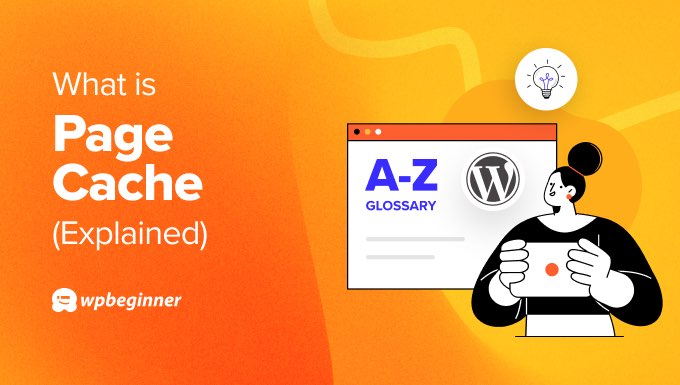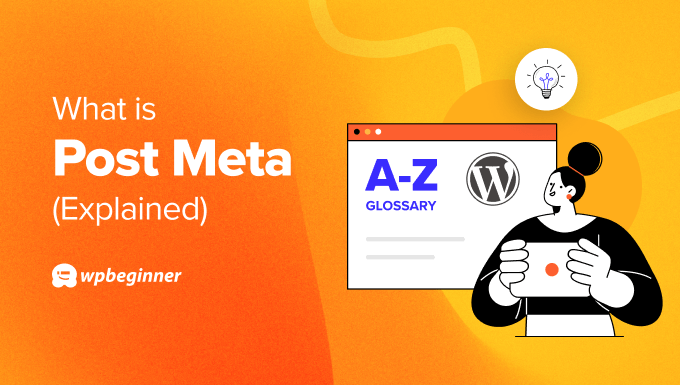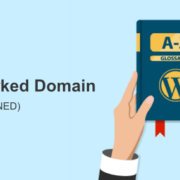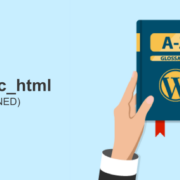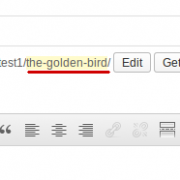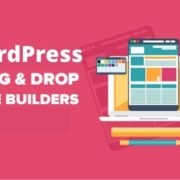Page Cache
In WordPress, a page cache stores a complete snapshot of your website’s pages, including its text, images, and code. This is often referred to simply as the WordPress cache and is one of the best ways to speed up your website. The first time a… Read More »

